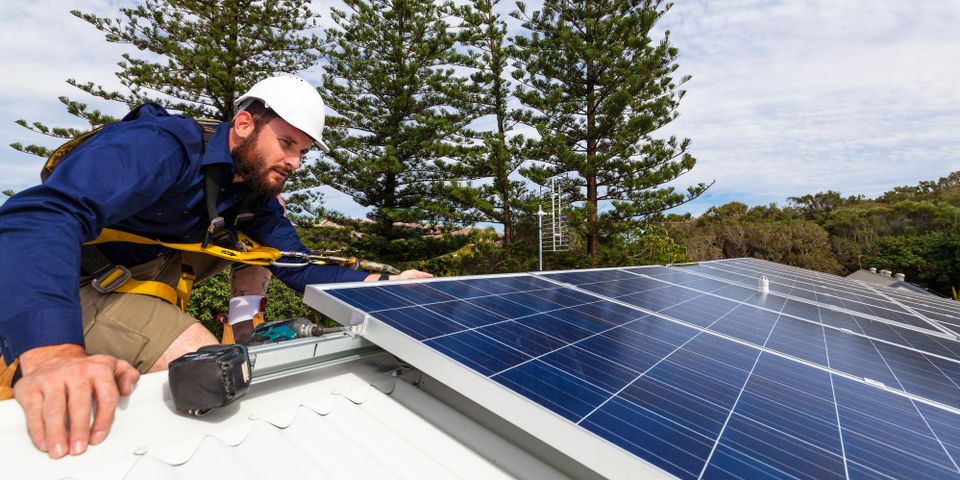
The sun offers an infinite, complete clean source of power, and it’s becoming easier than ever for homeowners to harness it. The move to solar energy isn’t complicated, and understanding what’s involved can help you with your decision. The following are answers to common questions so you can take full advantage of this renewable energy source.
Understanding Solar Energy
How do solar panels work?
Solar panels capture energy from sunlight throughout the day and convert it into an electrical current. The electricity can then power appliances and items in your home or be stored in a large solar battery for later use. When the battery fills up, unused solar energy can be sent back to the grid, often for a profit or credit on your account.
Does my home qualify for solar?
 Solar panels are becoming more lightweight and compact. Professionals will first check that your roof can support panels. They prefer asphalt shingles or metal composites because they’re durable. Clay tiles, wood shakes, and exotic materials can be trickier to install over, so find an installation professional with experience.
Solar panels are becoming more lightweight and compact. Professionals will first check that your roof can support panels. They prefer asphalt shingles or metal composites because they’re durable. Clay tiles, wood shakes, and exotic materials can be trickier to install over, so find an installation professional with experience.
Weaker roofs will need to be reinforced or replaced. The average roof lasts around 40 years. If you’re nearing that point, consider a full replacement before installing solar panels. The money you save from going solar has the potential to cover the cost of the roof over its lifetime.
Professionals will also check the orientation of your home. South-facing homes capture the most sunlight. They may recommend cutting back trees or placing panels on several faces of your roof to capture adequate sunlight. If your roofing can’t support panels, consider installing them on mounts in your lawn.
How much money will I save?
The average American household spends $1,450 per year on electricity. Solar panels average approximately $11,000 upfront and often come with convenient financing plans. When you apply the estimated system performance, you can anticipate upwards of $21,000 in savings over 20 years.
Solar also qualifies for tax incentives that you’ll enjoy, and you may be able to sell unused energy to the power company.
What are the environmental benefits?
Many greenhouse gases, including damaging CO2, are released when using fossil fuels to power a home. This has proven to negatively impact climate change that’s destroying ecosystems, increasing temperatures, and causing sea levels to rise.
Going solar immediately reduces your carbon footprint because you’re contributing to far fewer greenhouse gases. It also reduces nitrates and other toxic chemicals produced during fossil fuel processing, creating a healthier environment.
Contact Wattsup Solar of Scottsdale, AZ, if you want to explore solar energy further. These professionals will carefully assess your property and recommend renewable power solutions for your home. You can learn more about solar panels on their website, or call (480) 800-9511 to schedule a consultation. Connect on Facebook to receive news and updates.
About the Business
Have a question? Ask the experts!
Send your question

